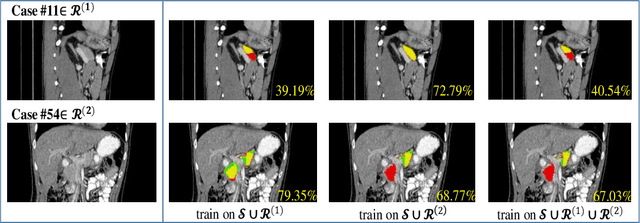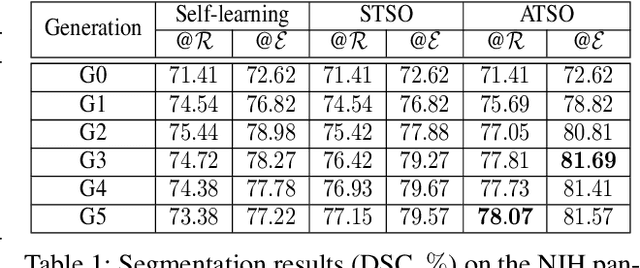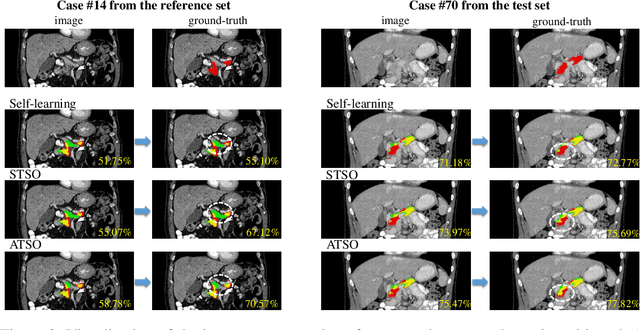Zijie Yang
AI-driven platform for systematic nomenclature and intelligent knowledge acquisition of natural medicinal materials
Dec 27, 2023



Abstract:Natural Medicinal Materials (NMMs) have a long history of global clinical applications, accompanied by extensive informational records. Despite their significant impact on healthcare, the field faces a major challenge: the non-standardization of NMM knowledge, stemming from historical complexities and causing limitations in broader applications. To address this, we introduce a Systematic Nomenclature for NMMs, underpinned by ShennongAlpha, an AI-driven platform designed for intelligent knowledge acquisition. This nomenclature system enables precise identification and differentiation of NMMs. ShennongAlpha, cataloging over ten thousand NMMs with standardized bilingual information, enhances knowledge management and application capabilities, thereby overcoming traditional barriers. Furthermore, it pioneers AI-empowered conversational knowledge acquisition and standardized machine translation. These synergistic innovations mark the first major advance in integrating domain-specific NMM knowledge with AI, propelling research and applications across both NMM and AI fields while establishing a groundbreaking precedent in this crucial area.
Heterogeneous Contrastive Learning: Encoding Spatial Information for Compact Visual Representations
Nov 19, 2020



Abstract:Contrastive learning has achieved great success in self-supervised visual representation learning, but existing approaches mostly ignored spatial information which is often crucial for visual representation. This paper presents heterogeneous contrastive learning (HCL), an effective approach that adds spatial information to the encoding stage to alleviate the learning inconsistency between the contrastive objective and strong data augmentation operations. We demonstrate the effectiveness of HCL by showing that (i) it achieves higher accuracy in instance discrimination and (ii) it surpasses existing pre-training methods in a series of downstream tasks while shrinking the pre-training costs by half. More importantly, we show that our approach achieves higher efficiency in visual representations, and thus delivers a key message to inspire the future research of self-supervised visual representation learning.
ATSO: Asynchronous Teacher-Student Optimization for Semi-Supervised Medical Image Segmentation
Jul 16, 2020



Abstract:In medical image analysis, semi-supervised learning is an effective method to extract knowledge from a small amount of labeled data and a large amount of unlabeled data. This paper focuses on a popular pipeline known as self learning, and points out a weakness named lazy learning that refers to the difficulty for a model to learn from the pseudo labels generated by itself. To alleviate this issue, we propose ATSO, an asynchronous version of teacher-student optimization. ATSO partitions the unlabeled data into two subsets and alternately uses one subset to fine-tune the model and updates the label on the other subset. We evaluate ATSO on two popular medical image segmentation datasets and show its superior performance in various semi-supervised settings. With slight modification, ATSO transfers well to natural image segmentation for autonomous driving data.
 Add to Chrome
Add to Chrome Add to Firefox
Add to Firefox Add to Edge
Add to Edge